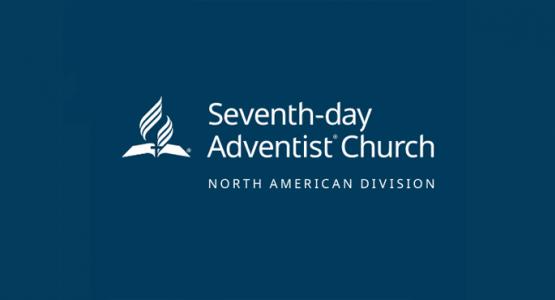
God’s Call to Live in Healing and Harmony
The North American Division stands in support of the principles outlined in the General Conference statement, “One Humanity: A Human Relations Statement Addressing Racism, Casteism, Tribalism, and Ethnocentrism.” This document offers a biblical response to the issues specific to the NAD, contextualizes the “One Humanity” document into the North American setting, and faithfully reflects the biblical understanding of social justice and Christian responsibility.[1]
God is the Creator of all humanity, and we are all God’s children. All of us have equal value, and we celebrate each other’s inherited and acquired differences. God compels us to love and respect others, regard them as equals, and uphold justice. Our God is both loving and just and calls every person to live a life of love and justice. "He has shown you, O man, what is good; and what does the Lord require of you but to do justly, to love mercy, and to walk humbly with your God?” (Micah 6:8, NKJV).
As Seventh-day Adventists, we recognize that historical events and decisions in the North American Division territory, influenced by colonial principles and practices, have allowed for structural, societal, and institutional oppression toward marginalized populations, including women and people of color. These injustices continue to plague our society and our denomination today, and run contrary to our biblical faith. They mar the psychological, social, physical, and spiritual health of any community and are unacceptable for a growing journey of Christlikeness. In failing to advocate on behalf of those who are overlooked, ignored, or excluded (Ps. 82:3), we acknowledge that as a church we have been reticent to address these discriminatory practices. We take accountability for the church’s silence during the struggles against these practices and apologize for our past actions and inactions and will continue to work to change the future.
Jesus is our example, and our response to injustice must adhere to His principles. He rebukes those who oppress, devalue, and undervalue others (Luke 11:42-44). There is no place for these behaviors—individually or collectively—among His followers. Therefore, as Jesus did, we must stand with and for those who are marginalized. When we fail to treat people with dignity and respect, or refuse to acknowledge the wrongs committed against them, we are guilty of mistreating God (Jer. 22:16). If we don’t do what we know is right, we have sinned (James 4:17). We must speak and act against racial injustices, historic inequities, and abuses of power. Love will govern our actions as we stand in the gap for those who have been mistreated (John 13:34).
In the tradition of our pioneers who worked with different organizations in the public square (Review and Herald, June 5, 1900; The Southern Work, pp. 9-15), we will thoughtfully engage with those who seek to reverse and confront the results of oppression (Matt. 25:45; James 2:26). Ellen White said that the Savior mingled with people as one who desired their good (The Ministry of Healing, p. 143). We therefore fully support this conscientious witness of our members, especially our young adults, who advocate for and participate in the non-violent dismantling of such dehumanizing policies and practices that deny our one humanity. Such advocacy fulfills the biblical calls of Micah 6:6-8 and Isaiah 58.
As a North American Division community, we invite our members to uphold our Creator’s commitment to humanity and affirm our commitment in seeking opportunities to understand our shared values, interests, cultural commonalities and differences (Col. 3:11). We will strive for a changed culture that embraces, celebrates, and values diversity[2] (1 Cor 12:12-14), and works to close the spaces between us. Thus, we appeal to our members and leaders to actively promote inclusion[3] and oppose intolerance in our church and institutions and toward all God's children—for we are all one in Christ Jesus (Gal. 3:26-29; Eph. 4:1-6). We also appeal to our church entities to develop proactive strategies, implement policies, and support local initiatives that combat and seek to eliminate all social inequities.
In committing to live in healing and harmony, individually and collectively, we will experience a foretaste of the kingdom to come—“a great multitude which no one could number, of all nations, tribes, peoples, and tongues” (Rev. 7:9, NKJV)—and realize God’s greatest commandment to love each other as He has loved us.
“And now these three remain: faith, hope and love. But the greatest of these is love” (1 Cor. 13:13, NIV).
This statement was voted during the North American Division of the Seventh-day Adventist Church Executive Committee on April 29, 2021, in Columbia, Maryland.*
CLICK HERE for a PDF version of the statement.

Add new comment